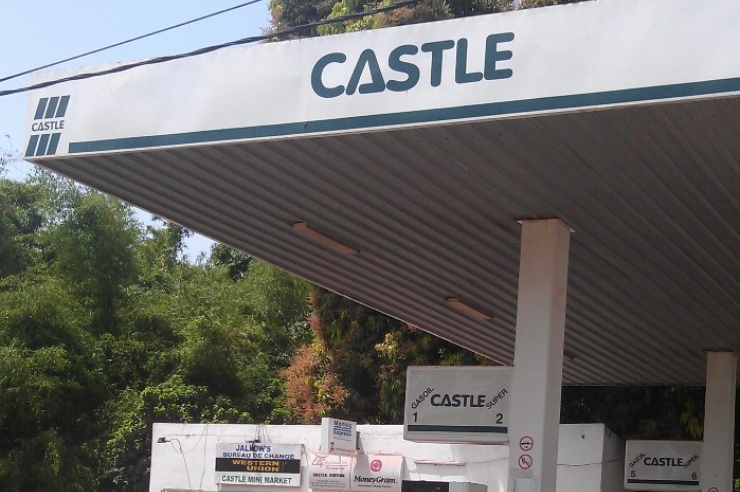Gambiaj.com – (BANJUL, The Gambia) – The Gambia Court of Appeal has dismissed an application filed by Castle Petrol Station seeking to delay their eviction from a contested property, ruling that the company failed to present convincing legal grounds to justify a stay of execution.
Castle Petrol had requested the court to halt the enforcement of an earlier judgment pending the outcome of their appeal. The company argued that losing possession of the property—on which a petrol station was constructed—would result in irreversible harm to their business operations.
However, the panel of appellate judges, comprising Justices S. Wadda-Cisse, H. C. Roche, and K. Sillah, unanimously found that Castle’s arguments lacked legal substance.
“The Appellant merely stating that the appeal will be rendered nugatory without more is insufficient to discharge this obligation,” the court stated in its ruling.
The court further emphasized that Castle had not proven that the property owner, Alfusainey Dukureh, would be unable to repay any monies if the appeal were to succeed. “The Appellant has failed to establish that the Respondent does not have the financial capability to repay the judgment sum,” the ruling added.
Dukureh, the respondent in the case, had presented valuation reports for the suit land and another commercial property in Old Yundum to support his position. The court noted that these documents were “unchallenged and uncontroverted.”
In a major revelation during the proceedings, Castle Petrol admitted to owing over $96,000 in unpaid rent, a debt that dates back to 2016. The judges characterized this as “a clear and unambiguous admission,” indicating that the company had been occupying the property for years without paying the required annual rent.
The court also cited the tenancy agreement, which stipulated that any structures erected on the property by the tenant would become the landlord’s property at the end of the lease, without compensation.
“The construction of buildings on the premises does not amount to substantial loss or constitute special circumstances that require preservation or protection,” the judges clarified.
Applying the equitable principle that “he who comes to equity must come with clean hands,” the court found that Castle Petrol had not acted fairly and was therefore not entitled to the court’s discretionary relief.
“Greater hardship and inconvenience would inure to the Respondent if we grant the application,” the court concluded.
The application was dismissed, and Castle Petrol Station was ordered to pay D25,000 in legal costs.










